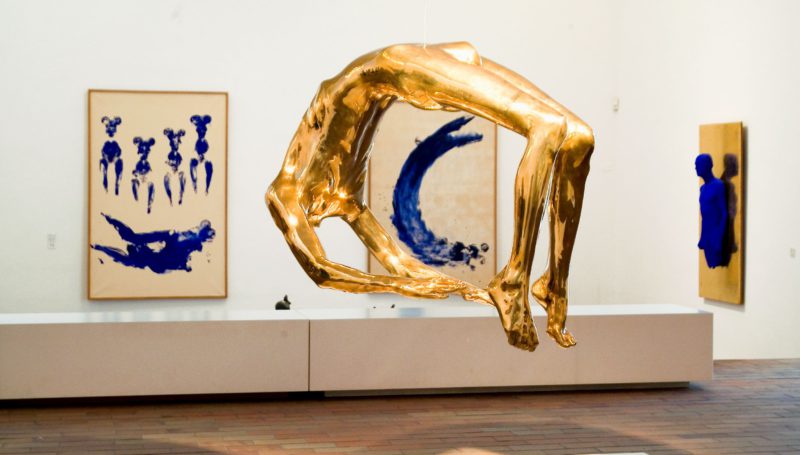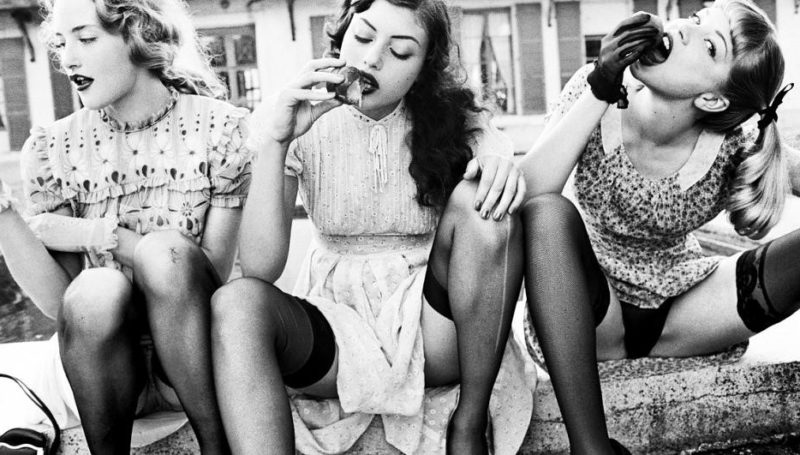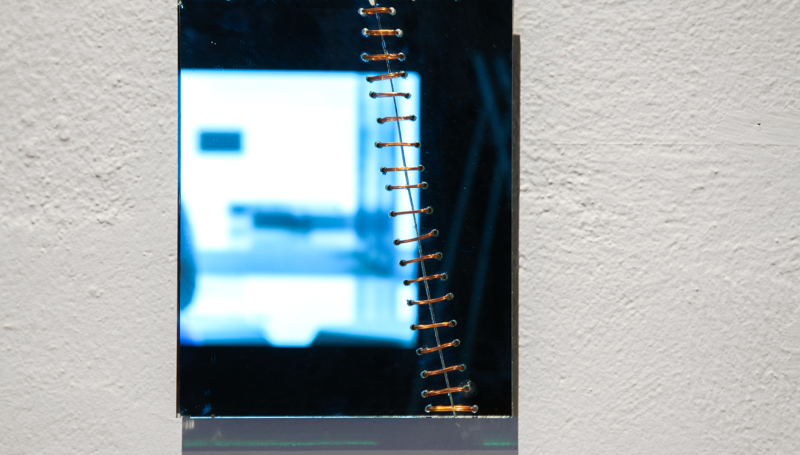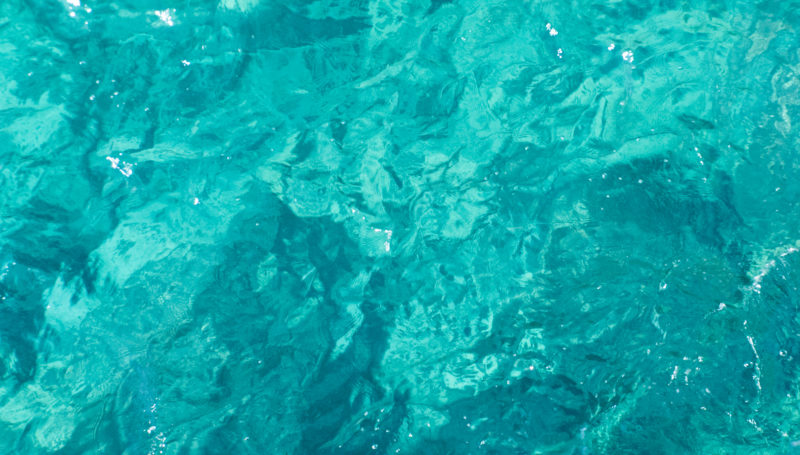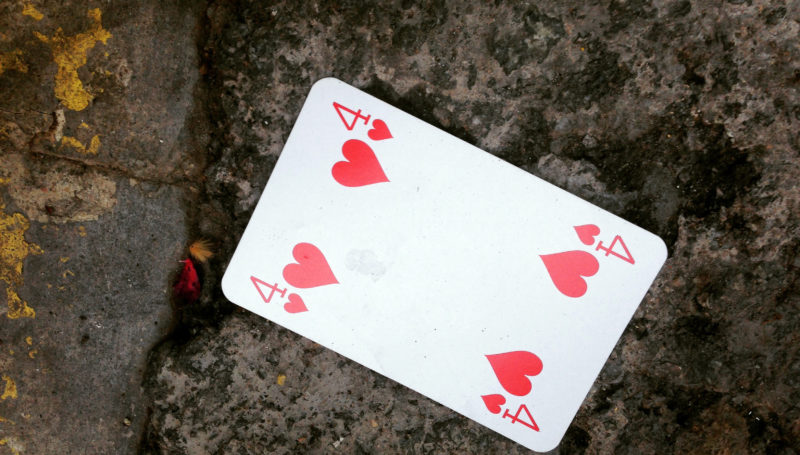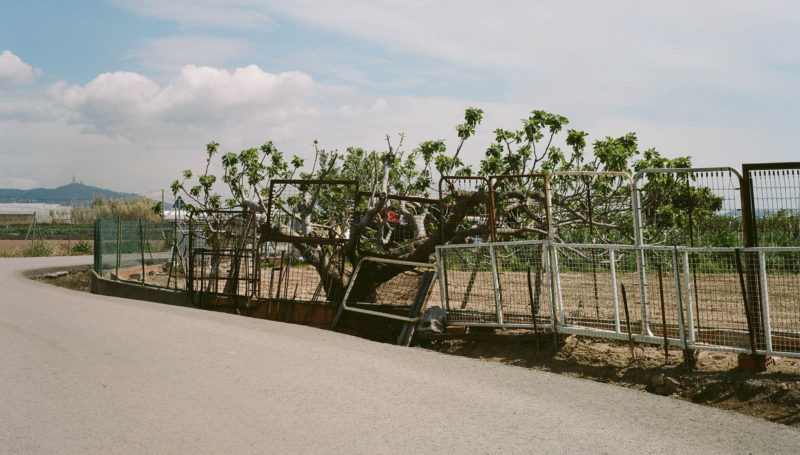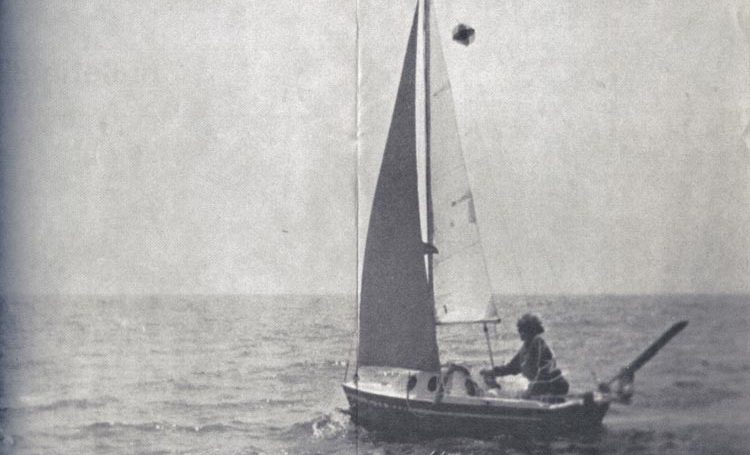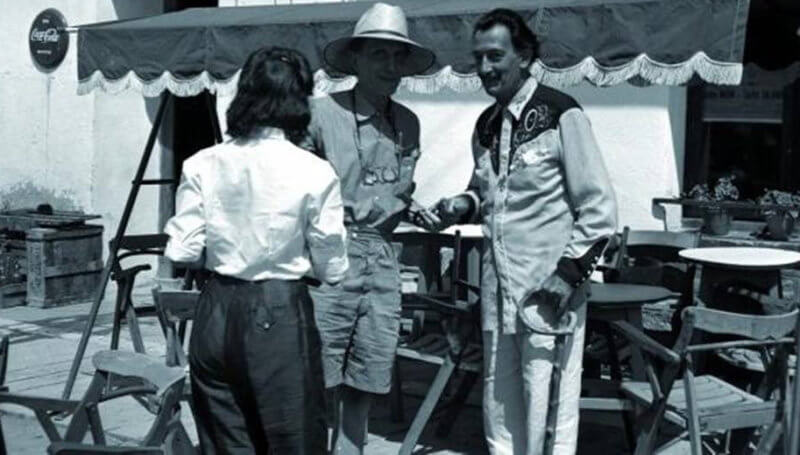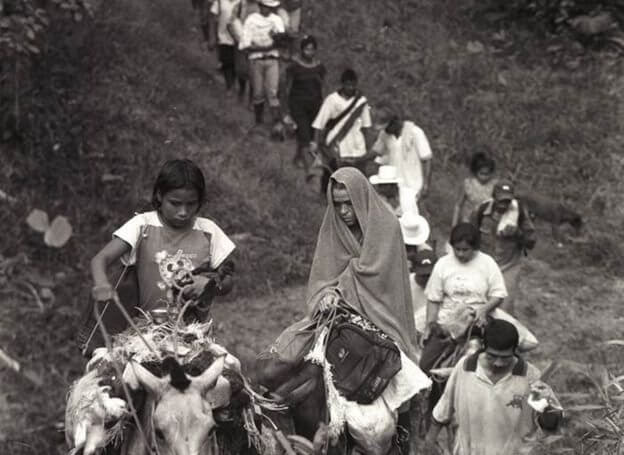
Like the force fields that keep particles together in atoms, the apparently distant connections between narratives and individuals sometimes converge in similar reflections. Such is the case of the random encounter of isolation, the main subject of the exhibition program The Possibility of an Island, with the thread of thoughts that Agustín Fernández Mallo subtly weaves in this new article for our blog.
Agustín Fernández Mallo, a physicist and writer based in Palma de Mallorca and the author of the Nocilla Dream, Nocilla Experience and Nocilla Lab trilogy, among other works, is part of the current contemporary literature and art scene. His latest novel has been published in Spanish as Trilogía de la guerra.
Continue reading The (Im)possibility of an Island
